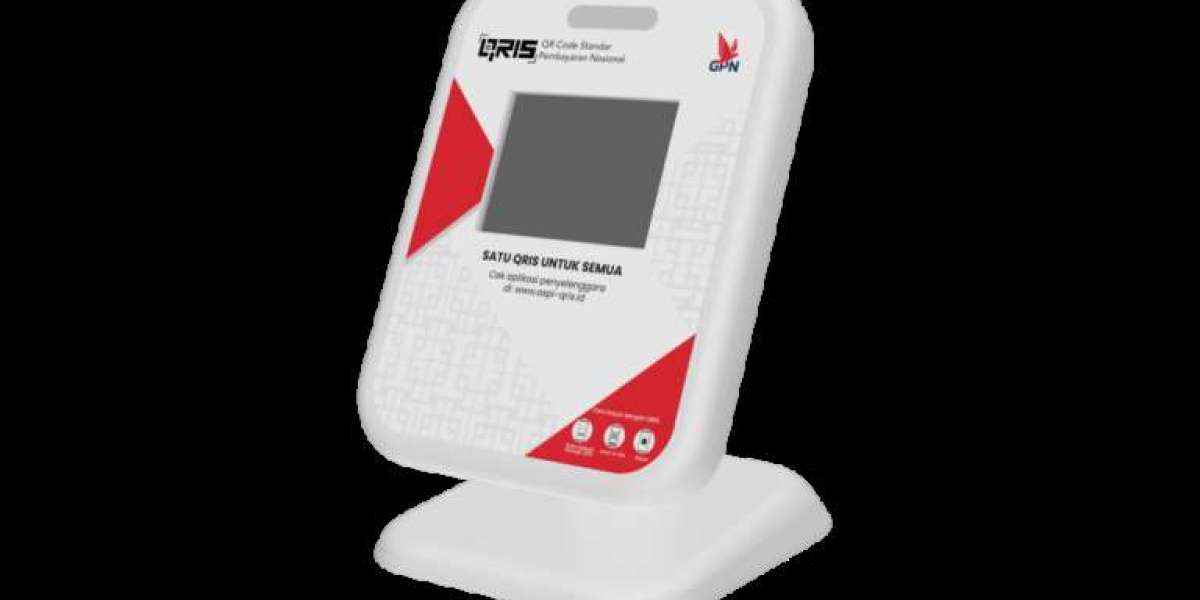Industrial PLC programming plays a crucial role in modern manufacturing and automation processes. Programmable Logic Controllers (PLCs) are the backbone of industrial automation systems, ensuring efficiency, precision, and reliability in a wide array of operations. For businesses hoping to stay ahead in a competitive landscape, understanding the applications and benefits of industrial PLC programming is essential.
What Is Industrial PLC Programming?
Industrial PLC programming refers to the process of designing, coding, and troubleshooting the instructions that control PLCs. A PLC is a robust, computer-based controller designed to manage various machines, production lines, and robotic systems. By using programming languages like Ladder Logic, Structured Text, or Function Block Diagrams, businesses can achieve automated control over processes such as assembly, packaging, and quality assurance.
PLC programming ensures machines and equipment communicate effectively, enabling seamless operation. Companies can optimize production, minimize errors, and adapt quickly to changing demands, all thanks to the capabilities of properly programmed PLCs.
The Importance of Industrial PLC Programming
Effective industrial PLC programming is more than just writing code; it’s about creating systems that can adapt and perform consistently in industrial environments. Here are some reasons why it’s so important:
Improved Efficiency
Automation reduces the time it takes to complete tasks. Programmable systems streamline workflows, eliminating manual intervention and reducing downtime during production.Enhanced System Reliability
Reliability in industrial operations is critical. PLCs are designed for durability, capable of operating in harsh conditions. Well-programmed PLCs ensure stable, error-free system performance.Scalability for Growth
With the right programming, businesses can scale their operations easily. For instance, adding new machines or upgrading systems can be done seamlessly by modifying the PLC’s program.Cost Savings
By automating processes through PLC programming, businesses reduce labor costs and waste while improving overall productivity. Maintenance becomes preemptive rather than reactive, further saving costs.
Where Is Industrial PLC Programming Applied?
Industrial PLC programming is used across several industries, proving its versatility and importance. Here are some common applications:
Manufacturing
Factories rely on PLCs to control conveyors, assembly lines, and robotic systems. PLCs ensure consistent product quality and increase speed in production.Energy and Utilities
Power plants and utility companies use PLCs to monitor energy flow, ensure safety, and automate various processes, such as equipment startup and shutdown.Food and Beverage
From bottling to packaging, the food and beverage industry benefits greatly from PLC programming. Automation here reduces contamination risks and speeds up operations.Oil and Gas
PLCs manage critical systems like drilling equipment, pipeline monitoring, and refining processes. They play an essential role in ensuring operational safety for this high-risk industry.Pharmaceuticals
PLC programming helps maintain rigorous quality standards by ensuring precise measurements and operations in batch production processes.
The Benefits of Partnering With Experts in Industrial PLC Programming
While some companies may attempt DIY programming, partnering with experts like Xtreme Automation LLC provides significant advantages. These professionals bring extensive knowledge, helping your business unlock the full potential of automation. Here’s why it’s worth working with an experienced team:
Customized Solutions
Your production environment is unique, and so are your automation challenges. Professional programmers design bespoke solutions tailored to meet your specific needs.Error Reduction
Errors in programming can lead to malfunctions, downtime, and costly repairs. Experts ensure programming is error-free, saving you time and money.Ongoing Support
A reliable partner offers troubleshooting, system updates, and improvements whenever necessary, ensuring your system stays optimized for years to come.Seamless Integration
Whether you’re upgrading legacy systems or installing new equipment, professional programmers ensure smooth integration and minimal disruption to operations.
How to Get Started With Industrial PLC Programming
Implementing industrial PLC programming in your business starts with understanding your needs. Here are some steps to get started:
Assess Your Processes
Identify areas within your operations that could benefit from automation. Look for tasks that require high precision or repetitive actions.Choose the Right PLC Hardware
Different PLCs cater to different needs. Small-scale operations may require compact PLCs, while larger systems need controllers with more inputs and outputs.Partner With the Experts
Whether you’re new to automation or redefining your existing systems, partnering with professionals like Xtreme Automation LLC ensures you achieve the best outcomes in your industrial PLC programming efforts.Invest in Training
Equip your team with basic PLC knowledge so they can work effectively alongside automated systems.Test and Refine
Once a system is in place, monitor it for inefficiencies or errors. Programs may require updates to ensure optimal performance as your operations evolve.
Final Thoughts
Industrial PLC programming remains a foundational component of industrial automation, enabling businesses to reach greater heights with efficiency and accuracy. Regardless of your industry, implementing cutting-edge PLC solutions can transform your operations and boost productivity. Partnering with experts like Xtreme Automation LLC offers peace of mind, knowing your systems are designed and implemented by professionals who understand your business needs.
If you’re ready to elevate your automation capabilities, now is the time to explore the possibilities of industrial PLC programming. Don’t miss the chance to stay ahead in a rapidly evolving industry.







